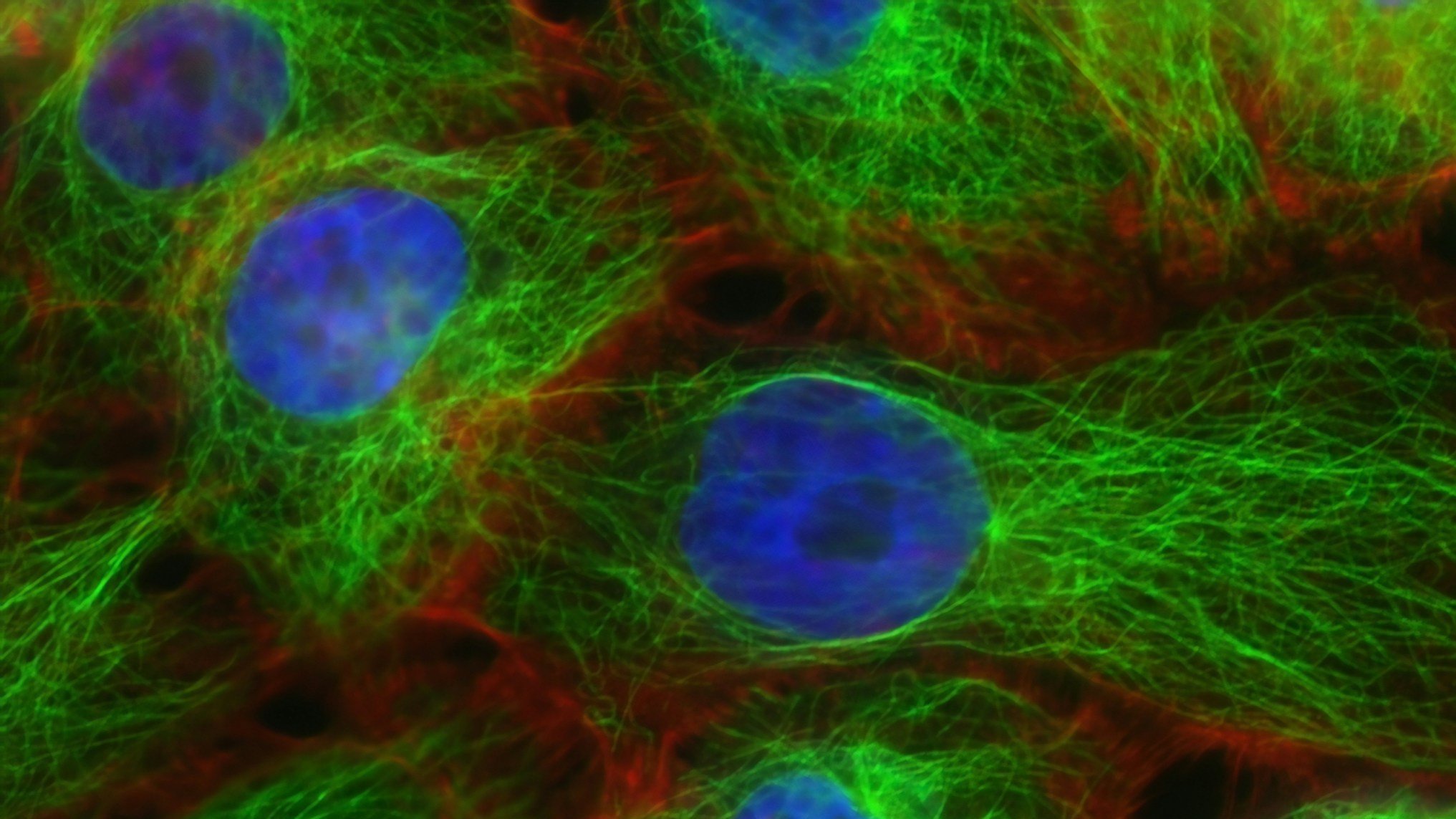
Structure for impact – in every image-based research project
High-content workflows deserve more than data:
They need architecture, clarity, and strategic foresight.
At CELLIMA, I help research teams turn complexity into scalable, effective processes – through targeted project design and scientific workflow optimization.
How I support your research with CELLIMA
I founded CELLIMA to help research teams like yours structure complex imaging and automation workflows – and turn them into scalable, future-ready systems.
With over 20 years of hands-on experience in pharmaceutical R&D, I support research teams in aligning technologies with scientific priorities, streamlining lab operations, and enabling clarity across complex, interdisciplinary collaborations.
Where biology meets technology, you need more than tools – you need a strategic co-pilot who understands the full picture.
Explore my background and previous work

From strategy to structure – clarity that drives scientific progress
Strategic Technology & Workflow Design
Aligning innovation with your goals
→ I help you navigate technology choices and reshape lab workflows to support your scientific direction.
Whether you’re evaluating AI-based imaging tools or scaling assay automation – the goal is a leaner, smarter setup with lasting impact.
High-Content Imaging Strategy
Designing imaging with purpose
→ Support across the full HCI lifecycle: assay design, protocol development, image acquisition, data readiness.
I work with your team to ensure that scientific intent and technical execution are aligned – from microscope to insight.
Leadership Advisory & Decision Support
Strategic clarity for scientific leadership
→ Advisory sessions and sparring formats for research leaders and decision-makers.
Ideal for moments of complexity, transition, or high-stakes decisions – when structured reflection is as important as expert input.
Why work with me? Because science deserves structure.
I created CELLIMA to offer focused, science-driven consulting – built on clarity, structure, and real-world insight.
What you get is not generic advice, but direct sparring with someone who understands how modern research environments operate – both in science and decision-making.
Drawing on over two decades of hands-on experience in pharmaceutical R&D, I combine operational insight with strategic perspective – and the confidence to challenge assumptions when needed.
This is about enabling your team to act with clarity – not just to look good on paper.
Curious whether this fits your challenge?

Fresh thinking for complex research environments
In the CELLIMA Insights, I share questions, models, and real-world strategies that challenge the status quo – especially where biology meets data, and structure meets scale.
Example Teasers
Webinar: Deep Phenotyping meets AlphaFold
A sharp exchange with Marc Bickle on predictive models and image-based profiling. [Watch now]
Blog: Innovations in Imaging & Drug Discovery
Deep Learning in Cancer Research. [Read more]
👉 Like these topics? Subscribe to eceive hand-picked insights and project highlights – no noise, just substance.
Structure in action – selected project patterns
From agile biotech teams to enterprise-level R&D – I support life science groups navigating change, growth, or complexity.
While most collaborations remain confidential, typical project types include:
Designing scalable imaging pipelines for early-stage discovery
Restructuring workflows in microscopy-heavy environments
Enabling automation in academic–industry ecosystems
Supporting scientific leadership during strategic transitions
Selected organizations I’ve interacted with through consulting, strategic sparring, or scientific exchange
KOLAIDO
---
Core Life Analytics
---
AXXAM
---
BROAD
---
DZNE
---
BAYER
---
NUVISAN
---
ABBERIOR
---
NGNRI
---
KOLAIDO --- Core Life Analytics --- AXXAM --- BROAD --- DZNE --- BAYER --- NUVISAN --- ABBERIOR --- NGNRI ---

Let’s bring structure to your scientific journey.
Planning a workflow revamp, evaluating new imaging tools, or navigating change in your lab setup?
Let’s start with a conversation – confidential, clear, and tailored to your context.